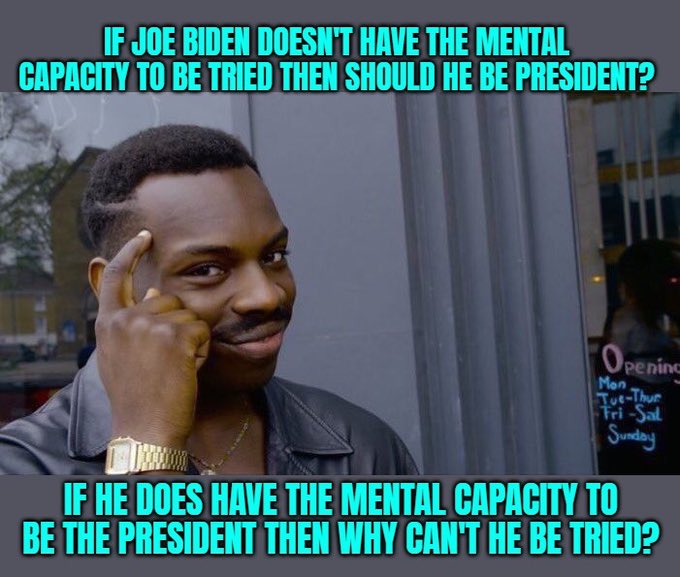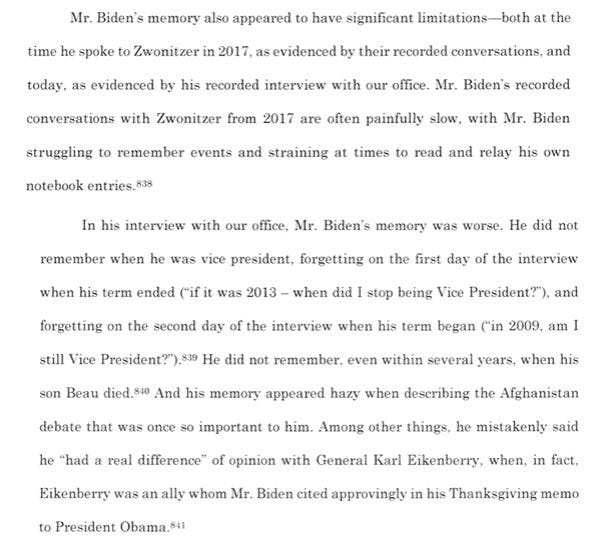Making sure we don’t? OK by me!
Missouri senator proposes bill blocking red flag gun laws, which Missouri doesn’t have
Less than a month after the mass shooting at the Kansas City Chiefs Super Bowl victory parade, a Missouri Senator looks to pass legislation further loosening the state’s gun laws.
State Sen. Denny Hoskins, R-Warrensburg, sponsored the “Anti-Red Flag Gun Seizure Act,” which would prohibit the confiscation of firearms from individuals who are deemed to be a threat to themselves or others. His bill was heard by the Senate Transportation, Infrastructure and Public Safety Committee on Wednesday.
“I think we all agree we have a right to keep and bear arms,” Hoskins said. “Unfortunately, some anti-Second Amendment groups can weaponize the red flag laws to quiet their opponents. We have the Second Amendment to protect the First Amendment and a right to due process.”
Although Missouri does not currently have any red flag laws in place, along with 30 other states, Hoskins means for his legislation to serve as a preventative measure against their enforcement, should they be enacted.
“We’ve seen the federal government weaponize the Department of Justice against political opponents, so it is happening,” Hoskins said. “We don’t want that to happen in Missouri.”
Speaking in support of the bill was William Bland of Liberty, a board member of the Western Missouri Shooters Alliance. He spoke on behalf of the group to say that they felt red flag laws were unconstitutional and a “bad idea.”
“If a person is believed to be a danger to themselves, or others, taking away their firearms does not remove that danger,” Bland said. “It is easy enough for a suicidal individual to swallow a bottle of Tylenol pills, or harm themselves or others with a kitchen knife or some other weapon.”
He said that red flag laws often deprive some individuals of their firearms because they live with someone who is considered dangerous to themselves or others. In other cases, he worries that red flag laws could be used to take revenge on a person by falsely claiming they are dangerous in order to get their guns taken away, although he offered no evidence of this happening in actuality.
Speaking in opposition to the legislation was Kristin Bowen, a Boone County resident and volunteer for Moms Demand Action, a group that advocates for public safety measures relating to gun violence.
“Missouri already has some of the weakest gun laws in the country and our legislature has spent the past decade gutting our common sense public safety laws, while simultaneously resisting attempts to make our communities safer,” Brown said.
Brown cited a report from Everytown Research and Policy that showed Missouri’s rate of gun deaths have increased 59% from 2012 to 2021, compared to a 39% increase nationwide.
“Constant heartbreak cannot and should not be our reality in Missouri,” Brown said. “Instead of taking steps backward, our state needs to be taking steps forward by passing laws that would keep guns out of the hands of dangerous individuals and provide our communities with the support that they need to adopt local solutions to gun violence.”
Missouri has few regulations surrounding the sale, ownership or carrying of a firearm. State law also prohibits local officials from superseding its gun laws, although it does allow for cities to create local ordinances requiring permits to carry firearms. [this is incorrect]
In 2021, Missouri lawmakers passed and Gov. Mike Parson signed into law the “Second Amendment Preservation Act,” sponsored by now U.S. Rep. Eric Burlison, which attempts to bar federal gun laws from being enforced in the state. Police who try to do so could face a $50,000 fine.
The act is being challenged in the Eighth Circuit Court of Appeals, after the U.S. Supreme Court declined to hear the case in October, and the law remains on hold while the appeal is active.
It is unclear if Hoskin’s bill has any traction this year, as lawmakers near the halfway point of the legislative session. No vote was taken on the bill during Wednesday’s hearing.
The Missouri House decided to stop pursuing the passage of two bills expanding firearms access following the mass shooting in Kansas City last month, including one that would have exempted guns and ammunition from state and local taxes and another that would have allowed guns on public transit and in churches, while also lowering the age to get a concealed carry permit.
Following the shooting, Democrats in the Missouri House of Representatives filed nearly 40 identical resolutions seeking the ability to enact local gun laws that supersede those at the state level.
There are currently initiative petitions filed that seek to accomplish the same goal, though it is unknown where those stand in respect to getting enough signatures to make the ballot this year.



